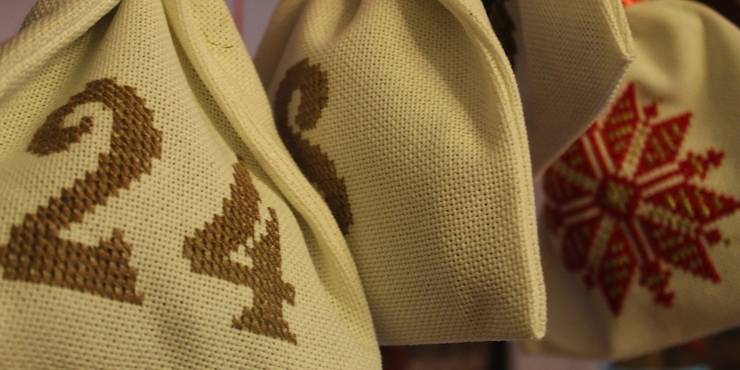5 Free games to play with your family

December 24, 2013
Tired of the standard board games in the cupboard or just fancy something else? We’ve picked our favourite classic games that you can play with people of all ages, that don’t need any batteries and there’s not a board in sight. They also have the added benefit of being great for children as they can help to increase memory and language skills – just don’t tell them that!
Mastermind Categories
This nice little twist on the traditional ‘Categories’ game adds an element of showbiz as people can show off their expertise based on the famous BBC programme. To get starter, a player needs to choose their ‘mastermind (expert) category’ and then list something within it. For example if the category was ‘transport’, the player could list a ‘plane’. All other players then need to take it in turns to name other items within the category until a player has no item to say. The winner will be the last player standing and can then start the game off again with their own ‘mastermind category’.
Back At You
All players first need to decide on a category, such as places or famous people. The first player will then start with something within that category, for example ‘Tom Cruise’ if the category was actors/actresses. The next play then follows by listing another item from that category, with the first letter of the second word, or last letter of the word if it’s only one word. So in the example above, the second player could say ‘Colin Firth’, the third player would then need to list an actor or actress starting with ‘F’.
If ‘places’ was used as a category, a player could start with ‘London’ and the next player would need to list a place starting with ‘n’, such as ‘Northampton’. The winner is the last player standing who can still list items within the category.
The reason for the name ‘Back at you’ is because if a player lists something which has both words starting with the same letter (e.g. Martine McCutcheon), the player order is then reversed.
20 Questions
20 questions is a great game for children over the age of about five, as it helps them to consider their questions and to really listen to (and understand) answers. To play, one player thinks of an object and then informs the other players as to whether it’s an animal, vegetable or mineral (this could be changed to place/celebrity etc). The other players then take it in turn to ask up to 20 questions in total between all players, which can only be answered with either a ‘no’ or a ‘yes. The winner is the first player to guess what the object is.
Who Am I
The ‘Who Am I’ game is very similar to 20 questions but in reverse. A post it note containing the name of a person is placed on the player’s forehead so that all other players can see it. The player then has to guess within 20 questions who they are (the name on the post it) – again with only ‘yes’ or ‘no’ answers allowed from the other players. So for example the player could ask if ‘they’re a celebrity?’ or ‘if they’re a woman?’.
When I went shopping I bought…
This is one of the simplest games, but is a real test of memory and you’ll be in stitches if you’ve already had a glass or two of wine. The first player starts with the sentence ‘When I went shopping I bought’ and then they add an item such as ‘a lettuce’. The other players have to continue in turn, remembering opponents’ objects as well as adding their own. So for example after everyone has completed their first turn, it could be back at the first player with ‘When I went shopping I bought a lettuce, shoes, a handbag, fish and a bath’. The winner is the last player to remember all objects.
It’s a great one to kick of the games with as it needs little instruction for new players and it’s easy to change it based on personal preferences to other activities, such as ‘When I went on holiday I packed..’. To increase the difficulty you can specify an object group (such as vegetables/clothing articles etc) that anything listed has to be in. Alternatively, you can get every player to list objects in alphabetical order, e.g. the first player lists an ‘artichoke’, second players lists a ‘banana’.












